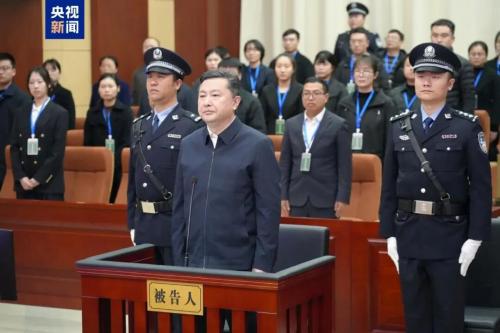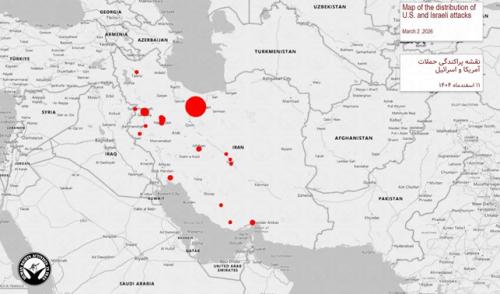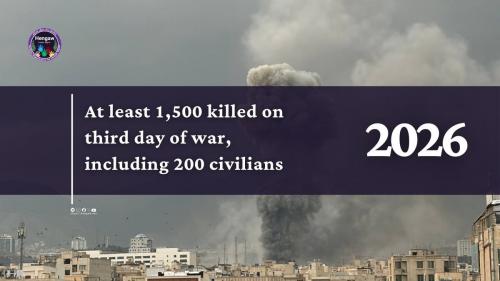government: constitutional parliamentary democracy
state of civil and political rights: Free
constitution: 10 July 1973
legal system: based on English common law
legislative system: bicameral Parliament consists of the Senate and the House of Assembly; the government may dissolve the Parliament and call elections at any time
judicial system: Privy Council (London); Courts of Appeal; Supreme (lower) Court; magistrates courts
religion: Christian majority
death row: 1 (as of December 31, 2012)
year of last executions: 6-1-2000
death sentences: 0
executions: 0
international treaties on human rights and the death penalty:Convention on the Rights of the Child
Convention Against Torture and Other Cruel, Inhuman or Degrading Treatment or Punishment (signed only)
Statute of the International Criminal Court (which excludes the death penalty) (only signed)
situation:
Capital crimes are: aggravated murder (art 290 of the penal code as amended in 2011), treason, terrorism a violation of humanitarian laws.
The Bahamas is a British Independent Territory for which the Judicial Committee of the Privy Council (JCPC) remains the final court of appeal. The United Kingdom has urged its former colonies to abolish capital punishment and human rights groups have added their voices. But residents of the Bahamas and many Caribbean nations support the death penalty as a deterrent to rising crime.
The Bahamas has hanged 50 men since 1929, according to prison records. Five of them were hanged under the Ingraham administration; 13 were hanged under the 25-year rule of the Pindling government; and the remainder was executed between 1929 and 1967.
The resumption of hanging in March 1996, after a moratorium of almost 12 years, appears to have done little to curb murders in the Bahamas. In 1999 a record 65 people were murdered.
The Bahamas was one of the eleven states that signed an agreement in 2001 to establish the Caribbean Court of Justice (CCJ) to replace the Privy Council as the region’s final court of appeal. Caribbean countries view the CCJ as the means to throw off the last vestiges of colonialism, but human rights groups have warned that the Court may be a hanging court. The Caribbean Court of Justice was inaugurated in Trinidad on April 16, 2005. To date, only three Caribbean states (Barbados, Belize and Guyana) have replaced the JCPC with the CCJ.
According to Her Majesty’s Prisons records, the Bahamas has hanged 50 men since 1929. Five of them were hanged under the Ingraham administration; 13 were hanged under the 25-year rule of the Pindling government; and the remainder was executed between 1929 and 1967.
The resumption of hanging in March 1996, after a moratorium of almost 12 years, appears to have done little to curb murders in the Bahamas.
The last hanging in The Bahamas took place in January 2000 when convicted murder David Mitchell was executed. The case draw attention because in 1999 the Privy Council rejected David Mitchell and John Higgs appeals - both of which were sentenced to death - but two of five judges dissented. Lord Steyn and Lord Cook affirmed that because of their inhuman conditions of detention, Mitchell and Higgs should not be executed.
Mitchell was hanged on January 6, 2000 at the main Fox Hill prison in the capital Nassau, despite the victims’ son also appealing for clemency for him, and a pending petition with the Inter-American Commission on Human Rights. Higgs, scheduled to be hanged at a minute’s interval from Mitchell, committed suicide whilst on suicide watch hours before the hanging.
Since the 1993 Pratt and Morgan ruling by the Privy Council, the death penalty can not be carried out if the prisoner concerned has been under sentence of death for more than five years, in which case the sentence is automatically commuted to life imprisonment.
On March 8, 2006, the mandatory death penalty in the Bahamas was abolished by the five British law lords when they held it to be a breach of international human rights. In a significant ruling the Judicial Committee of the Privy Council struck down the mandatory death sentence imposed in two test appeals as a breach of the constitution. The challenge was brought by Forrester Bowe Jr, who was convicted of the murder of Deon Roache in 1998 and sentenced to death; and Trono Davis, convicted of the murder of Jerrad Ferguson in December 1999 and sentenced to death.
On June 14, 2011 the Privy Council ruled in the Max Tido matter, quashing his sentence handed down by Supreme Court Justice Anita Allen in March 2006, few days after the Privy Council ruling that struck down the mandatory death sentence. The Privy Council's judgment said the approach to sentencing a person to death is two-fold. Firstly, the death sentence must only be given in cases where the facts of the offence are "the most extreme and exceptional – “the worst of the worst” or "the rarest of the rare." Secondly, there must be no reasonable prospect of reform, and death would be the only way punishment is achieved. The judgment said: "Murder is always a heinous crime. But it is clear that a death sentence - the ultimate and final sentence - must be reserved for the wholly exceptional category of cases within this most serious class of the offence."
On November 3, 2011 the Official Gazette published a law (Penal Code Amendment Bill, 2011) that amended art 290 and art 291 of Penal Code and outlines the categories of murder and states which would have the death penalty attached.
In August 201, the Inter-American Commission on Human Rights (IACHR) in its report entitled “The death Penalty in the Inter-American Human Rights System: from restriction to abolition” encouraged The Bahamas and other member states in the region, which maintain the death penalty, to impose a moratorium on executions. The Commission also urged The Bahamas to ratify the protocols of the American Convention on Human Rights in abolishing capital punishment. and to refrain from introducing measures that would expand or reintroduce its application.
There is only one convicted murder under the sentence of death at Her Majesty’s Prison (as of December 31, 2012) and his case is on appeal. Mario Flowers was sentenced to death for the December 29, 2007 murder of a policeman, Ramos Williams.
On 23 January 2013, Bahamas was reviewed under the Universal Periodic Review of the UN Human Rights Council. The Head of Delegation, Allyson Maynard-Gibson, Attorney General & Minister of Legal Affairs, informed of their current position on the death penalty. She emphasized that death penalty has been on The Bahamas’ Statute Books since the inception of the English Common Law in 1799. It was mandatory for murder and treason until a seminal case in 2006, when the Privy Council (PC) ruled that the relevant provisions of Bahamian law were to be construed as prescribing a discretionary and not mandatory death sentence. In 2012, further judicial restrictions were imposed by the Privy Council ruling that the death penalty should only be imposed where the offence was deemed to be the “worst of the worst” or the “rarest of the rare”. The majority of the population, guided by strong Judaeo-Christian principles, supports capital punishment. She noted that the international community is still very much divided on this issue, and The Bahamas has consistently maintained this view and has been an active participant in the retentions group of countries (“Like-minded Group”) at the United Nations, which has maintained the position that the issue of the death penalty is a criminal one within the domestic jurisdiction of the state. This issue will be before the Constitutional Reform Commission, Allyson Maynard-Gibson said.
On December 18, 2014, the Bahamas voted against the Resolution on a Moratorium on the Use of the Death Penalty at the UN General Assembly.








